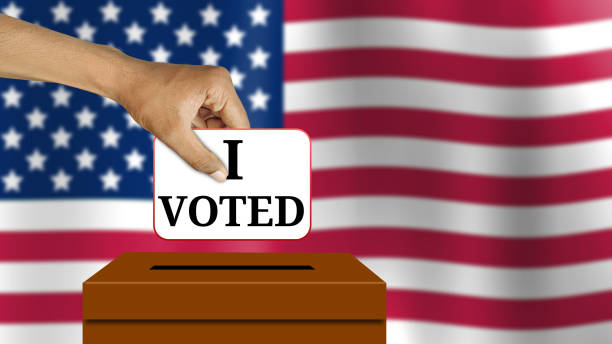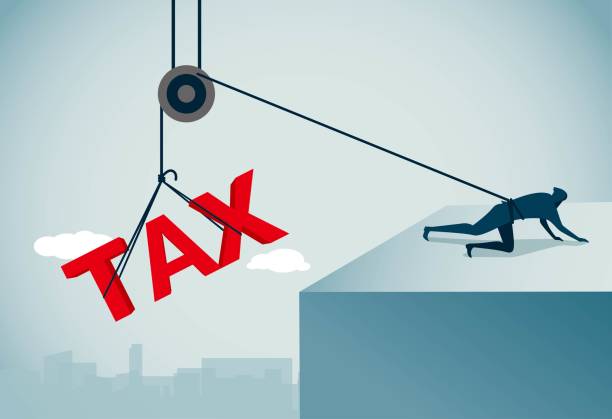On this year’s (2023) anniversary of the 9-11 attack that killed 2,977 innocent people here in the US1 in New York, PBS did an online study asking several ‘experts’ if US intelligence agencies should have known about the attack and stopped it in the days prior to it.2 In an interview linked from the study, former Senator Warren Rudman (R-N.H.), chairman of the President’s Foreign Intelligence Advisory Board from 1997 to 2000 drew comparisons for this attack to the 1941 Pearl Harbor attack, the 1944 unexpected “Battle of the Bulge” and the 1990 invasion of Kuwait by Saddam Hussein. In each of these cases, like 9-11, intelligence agencies knew that something seemed to be brewing but did not anticipate the actual events.3
Rudman went on to say “…anybody who believes that intelligence, even with beefing up human intelligence, will be good enough to predict that these shadowy organizations can be penetrated in a way that we will be able to, with impunity, determine what they’re going to do and where and when they’re going to do it — they’re just whistling in the cemetery.”
How could they (meaning the Israelis) – and we (meaning the US) – not have known that this Palestinian attack was being planned? These are appropriate questions to ask now that Hamas has perpetrated what Israel’s U.N. Ambassador Gilad Erdan has called “Israel’s 9/11.”4 How could the vaunted Israeli secret service, the Mossad, not have known that something of this magnitude was in Hamas’ plans? How could our US intelligence agencies with all their technological capabilities not have know that this tragedy was in the works?
There are some reasons that a highly secretive organization like Hamas might be able to plan and carry out an attack like this one. Terrorists by their nature are highly secretive to begin with. They use or employ ‘true-believers’ who cannot easily be suborned to reveal their intentions. Our US intelligence agencies and the Israeli Mossad, as well, rely heavily upon technological methods to determine terrorists’ plans and activities. According to a Georgetown University white paper about signals intelligence (Sigint) these technological methods of intelligence gathering have two main limitations:
- “…terrorists expect that their intercepted communications will be used”…so “when they talk on the telephone or use the Internet or any other kinds of electronic means, they’re generally very careful about not saying explicitly what they are really doing.” And, “…terrorists may not use electronic communications at all, precisely because they expect it to be intercepted…they instead use human couriers, or face-to-face contact or some other means.”5
The emphasis on technological methods of intelligence gathering has seemingly led to a de-emphasis of human intelligence; both in agents and in analysts. In an article entitled “The CIA’s Weakest Link” published in the Washington Monthly in 2001 just a few weeks before 9-11, Loch Johnson, the editor of Intelligence and National Security magazine, warned “…America’s advantages in signals intelligence are in decline…”6 The acclaimed NSA, that for years has been in the forefront of gathering intelligence to anticipate and prevent terrorist activity, has lately been less effective. Terrorists have moved to digital communications that are shielded and encrypted in such a way so that the NSA has difficulty intercepting them and then deciphering them, when they are intercepted.7
Johnson concludes in his prophetic article that the US and the Mossad should re-emphasize human intelligence gathering along with innovation in technological methods. He cites steps taken in the “right direction” would be to expand human agents infiltrating terrorist groups and “hiring more analysts, especially individuals with knowledge, language skills, and experience of the world.”
How could we not have known? Intelligence to gain knowledge of terrorists’ intentions and then preventing their activities is a very difficult business. It will involve the ‘best and the brightest’ to innovate technologically and to employ new strategies with human agents to gather the intelligence and then knowledgeable analysts to make sense of it.
Read Loch Johnson’s prescient article before 9-11 here: https://washingtonmonthly.com/2001/07/01/the- cias-weakest-link/
- How many people were killed in the September 11 attacks (2023). Brittanica.com. Retrieved from https://www.britannica.com/question/ How-many-people-were-killed-in-the-September- 1 1-attacks
- Why did U.S. Intelligence Miss the September 11% Plot? (2023). Frontline. PBS. Org. Retrieved from https://www.pbs.org/webh/pages/frontline/shows/terrorism/ fail
- PBS Interview With Warren Rudman.(2023). Linked from Frontline. PBS. Org. Retrieved from https://www.pbs.org/wabh/pages/frontline/shows/terrorism/fail
- What’s happening on the 2nd day of major conflict between Israel and Hamas militants (2023). PBSNewsHour. PBS.org. Retrieved from https://www.pbs.org/newshour/world/whats-happening-on-the-2nd-day-of-war-hetween- israel-and-hamas-militants
- Byman, D. (2014). Intelligence Functions: Signals Intelligence (SIGINT). Georgetown University. DigitalGeorgetown. Retrieved from https://repository.library.georgetown.edu/bitstream/handle/10822/104 1 704/GUIX-501-01-14-W7-S4.pdf
- Johnson, L. (2001, Jul). The CIA’s weakest link. The Washington Monthly, 33, 9-14. Retrieved from https://www.proquest.com/magazines/cias-weakest-link/docview/2 13678506/se-2
- Johnson, The CIA’s weakest link.




4 Comments
Emily Rodriguez
I always look forward to your comprehensive and enlightening election coverage.
Brian Lee
The quality and integrity of your reporting is a model for political journalism.
Karen Anderson
Your ability to predict political trends is uncanny. Always insightful
William Rodriguez
Your analysis is always spot-on. I’ve come to rely on your insights.